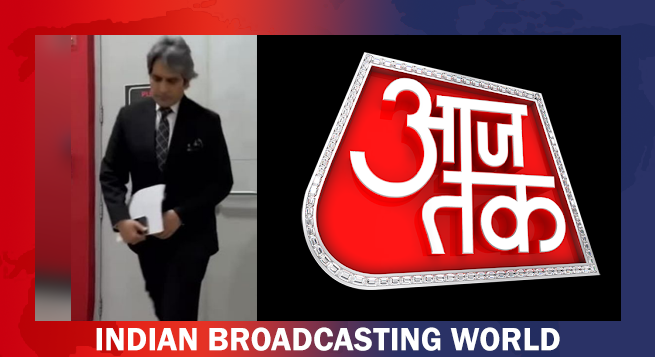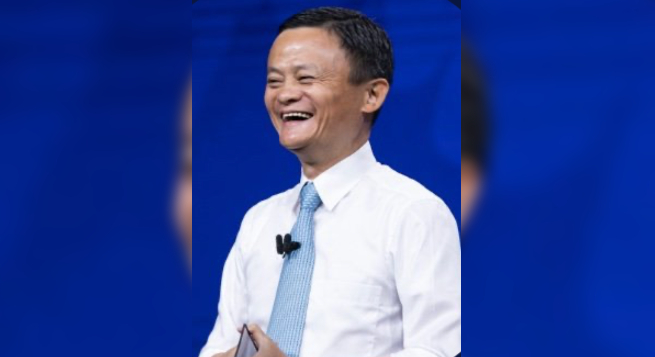Chinese billionaire Jack Ma plans to cede control of Ant Group, the Wall Street Journal reported on Thursday, after a regulatory crackdown that scuppered its $37 billion IPO in 2020 and led to a forced restructuring of the financial technology behemoth.
While Ma only owns a 10 percent stake in Ant, an affiliate of Alibaba Group Holding Ltd., he exercises control over the company through related entities, according to Ant’s IPO prospectus filed with the exchanges in 2020.
Hangzhou Yunbo, an investment vehicle for Ma, has control over two other entities that own a combined 50.5 percent stake of Ant, the prospectus showed.
The Journal said, citing unnamed sources, that Ma could cede control by transferring some of his voting power to Ant officials, including Chief Executive Eric Jing, Reuters reported from Beijing and Hong Kong, following up on a story broken by WSJ.
Ant has informed regulators of Ma’s intention as it prepares to restructure into a financial holding company, the report said, adding regulators didn’t demand the change but have given their blessing.
Ant and Alibaba did not immediately respond to Reuters requests for comment.
In April last year, Reuters reported that Ant was exploring options for Ma to divest his stake in Ant and give up control.
The discussions at that time came amid a revamp of Ant and a broader state clampdown on China’s technology sector that was set in motion after Ma’s public criticism of regulators in a speech in October 2020.
Ant operates the world’s largest and China’s ubiquitous mobile payment app Alipay, which has more than one billion users.
Once outspoken, Ma has kept an extremely low public profile as regulators reined-in the country’s technology giants after years of a laissez-faire approach that drove breakneck growth.
Earlier this week, Alibaba’s annual report revealed that Ant executives are no longer part of Alibaba Partnership, a body that can nominate the majority of the e-commerce giant’s board, as the pair decouple to appease regulators.
Ant and Alibaba are also untangling their operations from each other and independently seeking new business, Reuters reported last month, citing sources.
 Sunny Deol says ready for fresh starts with streaming projects
Sunny Deol says ready for fresh starts with streaming projects  Sudhir Chaudhary steps down from Aaj Tak, begins new chapter with DD News
Sudhir Chaudhary steps down from Aaj Tak, begins new chapter with DD News  Dish TV’s Content Summit brings global spotlight to Indian M&E
Dish TV’s Content Summit brings global spotlight to Indian M&E  Rahul Kanwal quits TVTN; rumoured to be joining NDTV group
Rahul Kanwal quits TVTN; rumoured to be joining NDTV group  Esports to make debut at Khelo India Youth Games 2025
Esports to make debut at Khelo India Youth Games 2025  WWE enters ‘Netflix Era’ with new ad film
WWE enters ‘Netflix Era’ with new ad film  WinZO celebrates creator economy, felicitates gaming influencers, developers
WinZO celebrates creator economy, felicitates gaming influencers, developers  PM Modi to deliver keynote at News18 Rising Bharat Summit 2025
PM Modi to deliver keynote at News18 Rising Bharat Summit 2025  BrandPulse decodes evolving consumer sustainability behaviours
BrandPulse decodes evolving consumer sustainability behaviours 








